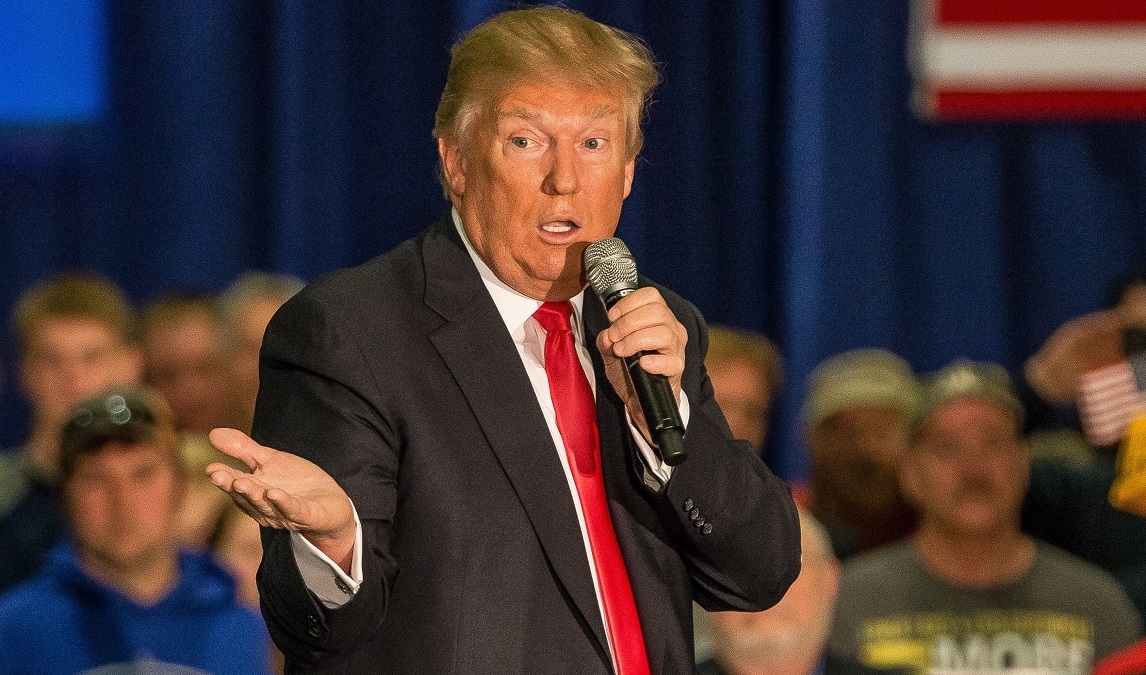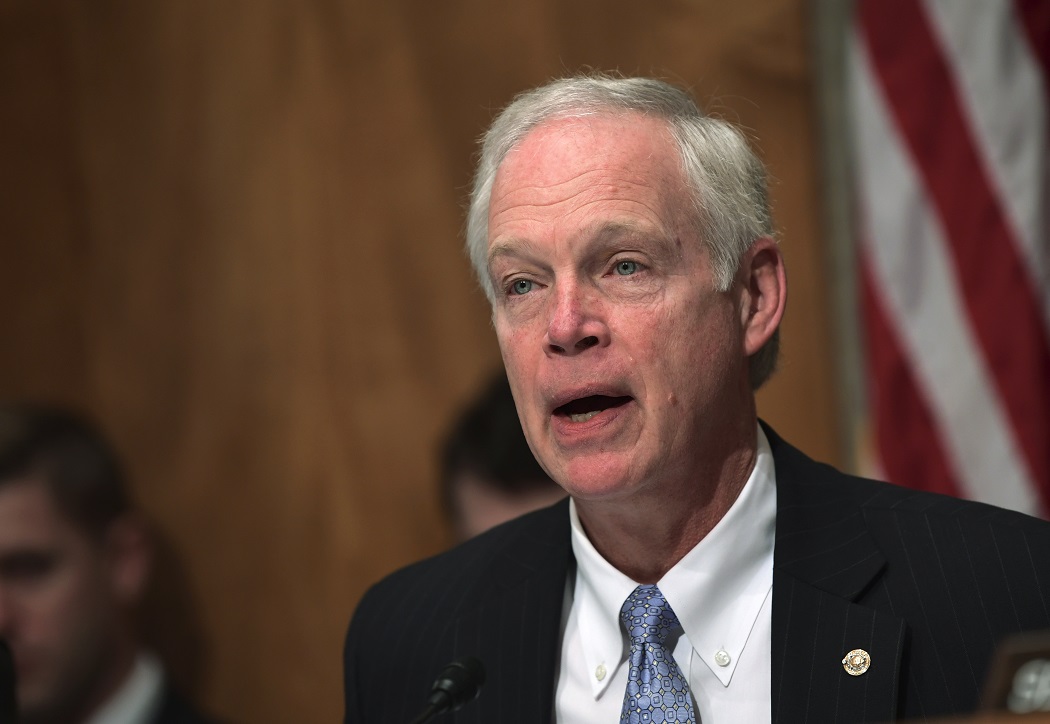National
As deficit jumped 37%, as U.S. government records $160.3 billion April surplus

WASHINGTON (AP) — The federal government recorded a $160.3 billion surplus in April as revenues for the month jumped to an all-time high. But even with a flood of tax receipts, the deficit so far this year is running 37.7% higher than a year ago.
The Treasury Department reported Friday that the deficit for the first seven months of the budget year that began Oct. 1 totals $530.9 billion, compared to a deficit of $385.5 billion for the same period a year ago.
The Trump administration projected in March that this year’s deficit will hit $1.1 trillion, up from last year’s deficit of $779 billion. The administration is projecting the deficit will stay above $1 trillion for four straight years before starting to decline for the rest of the decade.
The deficits have increased following congressional passage in December 2017 of a $1.5 trillion tax cut promoted by President Donald Trump as well as a boost last year in spending on domestic and military programs.
The Congressional Budget Office is projecting that the deficit this year will climb to $896 billion, smaller than the administration’s $1.1 trillion forecast but still 15% higher than last year.
The CBO shows slightly smaller deficits in the short-term, projecting that they will remain below $1 trillion through 2021 but after that will top $1 trillion and will remain above the $1 trillion mark for the rest of the decade.
While the government runs deficits in most months, April has been a surplus month for 60 of the past 65 years, reflecting the flood of revenue that comes in with the annual deadline for individuals to pay tax bills.
This year’s surplus was down from a $214.3 billion surplus in April 2018. That primarily reflected calendar quirks which had shifted $45 billion in benefit payments into March last year because April 1 fell on a weekend.
The new report showed that customs duties total $41 billion so far this year, up 82% from a year ago, a big increase that reflects the higher tariffs the Trump administration has imposed on China and other countries. The duties on China increased again Friday with both sides unable to reach a deal to resolve a number of contentious trade issues.
So far this year, receipts are up 1.8 percent to $2 trillion while spending is up 7.6% to $2.57 trillion.
One of the fastest growing categories is interest on the debt which totals $226.3 billion so far this year, up 13.6 percent from a year ago.



